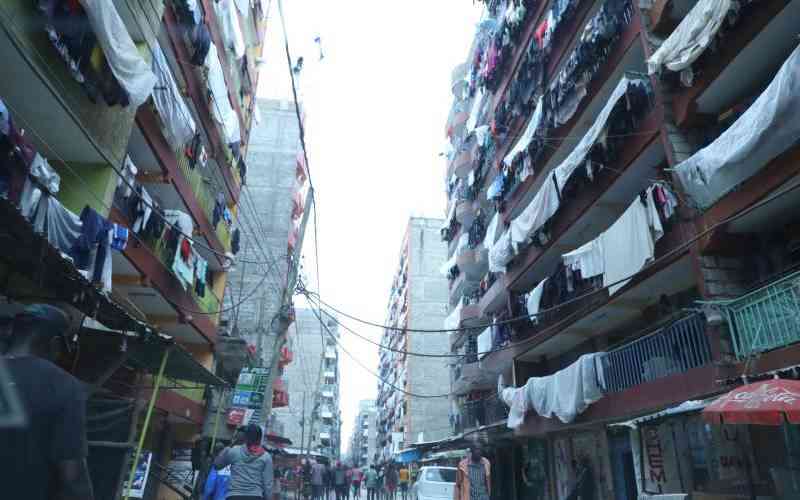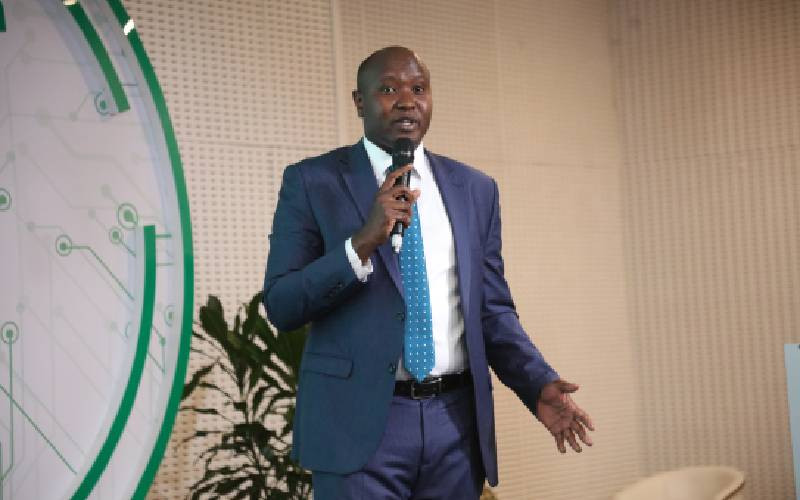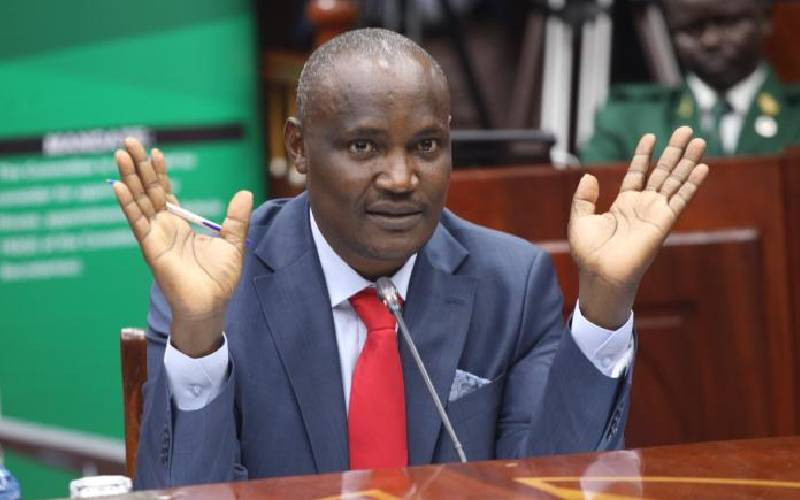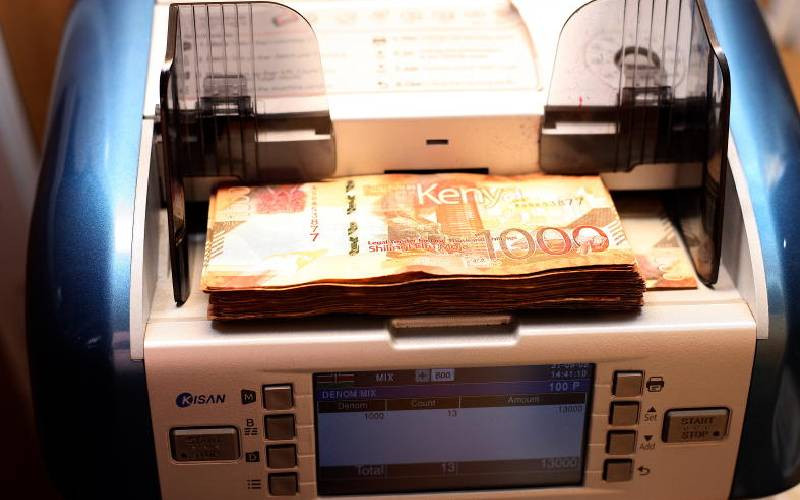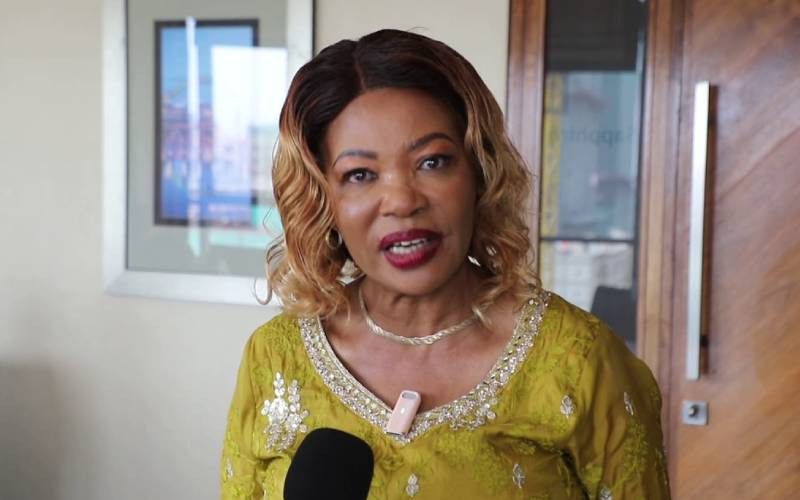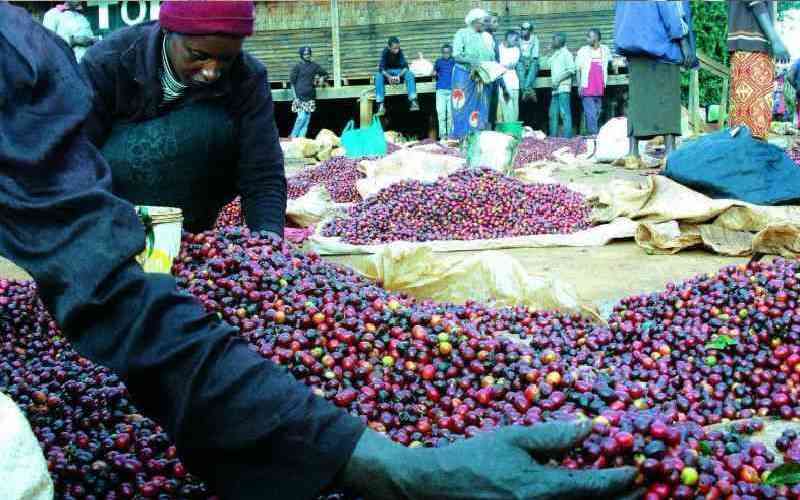×
The Standard e-Paper
Truth Without Fear
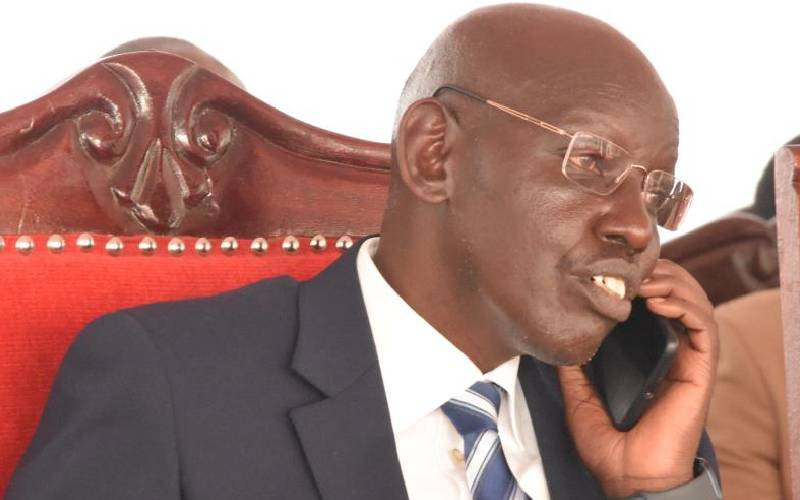
Parents with children in public secondary schools may soon face increased financial strain as the government plans to further cut funding.
The move could lead to school heads raising fees to bridge the funding shortfall. Schools will receive Sh21 billion less than what is needed to provide capitation under the Free Day Secondary Education programme.
